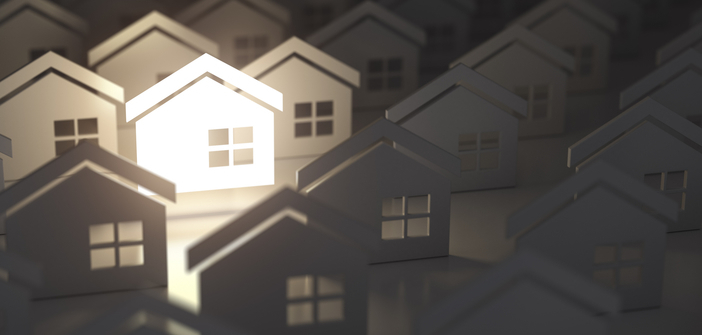In response to uncontrollable price increases, the goal is to reduce the cost of real estate and thus make property ownership more accessible. To achieve this, lawmakers have adopted the principle of separating land and buildings. Here’s an explanation.
Currently, when you want to build a house, you first need to buy the land. This is an additional cost for future buyers who then have to pay for the construction. With the real estate reform adopted on Thursday, November 28, this will no longer necessarily be required.
The principle already exists under the Alur law. Solidarity Land Organizations (Organismes Fonciers Solidaires or OFS) offer people with modest incomes the option to purchase only the walls of a property, while the organization retains ownership of the land. Now, this option will be available to all French citizens through Free Land Offices (Offices Fonciers Libres or OFL), which will be “non-profit organizations,” according to the law.
In practice, the OFL will purchase the land and grant a construction right to a construction company. Future owners will only buy the walls, which will be cheaper compared to purchasing both the walls and the land, while ownership of the land remains with the OFL.
But how will the OFL finance itself to buy new land, for instance? This is where the uniqueness of this new form of ownership comes in: it is linked to a lease. The land on which the construction stands will simply be rented to the owners. The lease, likely cheaper than a traditional rental, will be long-term, renewable, and transferable. The concept is clear: you will own a house, but with an underlying lease.
The cost of this lease will then be added to the monthly loan payments for the purchase or to the property tax that all owners pay (as the housing tax is being phased out in France).
If the goal is to make property ownership accessible in high-demand areas for middle-class families, questions arise about the appeal of these properties when it comes to resale, due to the added lease. This is an important consideration because, according to credit experts, on average, French people change houses every eight to ten years.


